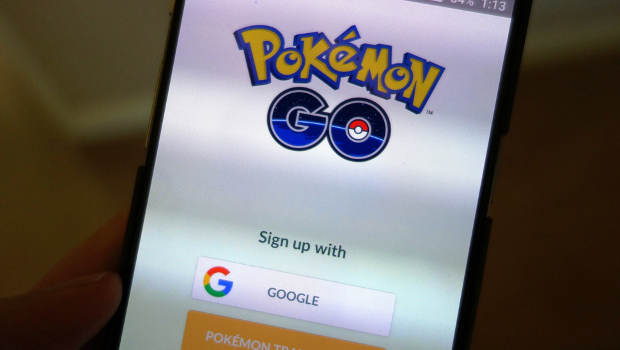Shortly after Pokemon Go launched in 26 new countries, the servers crashed, and while sluggish and/or unresponsive servers should not surprise anyone, given the app’s popularity even before the added audience from countries across the globe, a hacking collective took credit for the attack.
A group of hackers going by the name “PoodleCorp,” a collective which took credit for hacking popular YouTube channels last month, took to Twitter to claim responsibility for DDoSing the Pokemon Go servers.
Thousands of frustrated players who had planned to dedicate their Saturday to catching Pokemon were ticked when the app reported, “Our servers are humbled by your incredible response.” Those players took to social media to express their outrage and disappointment.
Niantic, the app’s developers, did not blame the server meltdowns on a malicious attack; instead, the company announced, “Due to the incredible number of Pokémon GO downloads, some Trainers are experiencing server connectivity issues. Don’t worry, our team is on it!”
On Twitter, Niantic said it was “working to fix the Pokemon Go server issues.”
A few hours later, XO, the leader of PoodleCorp, tweeted that crashing the Pokemon Go servers was a small-scale test and something bigger was coming soon.
Niantic later claimed to have identified the issues which caused the server problems.
A “Pokemon Go Servers” Twitter account pointed to an article about PoodleCorp’s DDoS attack in the Independent and called it the “conclusive reason for server delays.” At the time of publishing, most US players could connect, but “servers are unstable at best while most are down” in the rest of the world.
There is currently no telling if the hacking group was responsible, or if the servers went down under the heavy load from legitimate players, or if it was a combination of both. It seems most people definitely love the game; it even caused a stampede of sorts when a Vaporeon showed up in in New York City’s Central Park.
IDG News Service








Subscribers 0
Fans 0
Followers 0
Followers